
Name: Michael Jeyakumar Devaraj
Constituency: Sungai Siput
Party: Parti Sosialis Malaysia (PSM, opposition)
Years as MP: Since 2008
Government position: None
Party position: Founding member and central committee member
Membership in parliamentary committees or caucus: Labour Caucus assistant secretary
Would you support the abolition/review of the Internal Security Act (ISA), in particular the provision that allows for detention without trial? Why or why not?
Most definitely. Since its introduction in Malaysia as the Emergency Ordinance in 1948, it has been used against individuals and groups who have fought for a fairer distribution of national wealth and a more independent position vis-à-vis the imperial centre of global capitalism. These issues still have not been resolved even 53 years after Merdeka.
The struggle for a better, more equitable society will be hampered by the continued existence of the draconian ISA. We should all work to abolish it.
Do you think Malaysia should be a secular or an Islamic state? Why?
This is a very emotionally charged issue, and part of the reason is that different parties understand the terms “secular” and “Islamic” differently. Many within the Islamic movement equate the term “secular” with the aggressive anti-religion stance taken by [Turkey's Mustafa] Kemal Ataturk and his supporters.
I am for a secular state, and by that I mean:
- a state whose laws and statutes are not derived from religious texts. But this does not mean these laws cannot be inspired by the values and principles that are found in these religious texts;
- a state where there is no legal requirement that political posts or senior administrative posts (with the exception of the Religious Department) can only be held by individuals from a particular religion, or that such leaders have to be endorsed or “cleared” by a council of religious leaders.
My reason for saying so is that in a state where the laws are based on the religious texts of any religion, only individuals who are from that religion can make or interpret these laws. This effectively disenfranchises those who are not from that religion. It is an anti-democratic concept. Even those from that religion can be deprived of their rights to participate in governance because they are judged to be not “religious” enough to partake in the making or debating of laws.
However, a “secular” state should not put up barriers to the practice of religion by the population. Every individual should have the freedom to practice his or her religion.
At the same time, there appears to be different understandings of the term “Islamic”, even among those who call themselves “Islamic”. There are “Islamic” groups that insist that girls should not go to school, and that men who shave should be punished.
At the other end of the spectrum, there are also “Islamic” individuals who argue passionately that universal values such as fair play, justice, and welfare for the disadvantaged are the core values of the Islam that they believe in. I personally would like to see a society with more of the Islamic values as espoused by the latter group of Muslims.
Further, I believe that all the major religions have an anti-capitalist core — they are unanimous in their teachings that:
- the weak, the sick and the disadvantaged must be protected and helped;
- leaders should live simply and not lavishly, and be humble; and
- greed should be curtailed so that the majority’s needs are not compromised.
[In our] globalised world, misguided neo-liberal measures such as [the] privatisation of services like healthcare, education, housing, and public transport are still being implemented in our societies. I would consider the great religions as potential allies in the task of re-humanising and reclaiming our societies, which have been ravaged by the immorality of an economic system based on maximising profits for big corporations.
How do you define your role as an elected MP? Does Parliament provide you with the necessary infrastructure and support to fulfill your role?
[My role] in Parliament [is] to voice the needs of the people in my constituency. In my constituency, [my duties are:]
- to visit various groups to understand their issues;
- to assist people [with] problems to find solutions;
- to give feedback to my voters on relevant issues being discussed in Parliament (this will also help create a culture of accountability on the part of the MP);
- to create a core [group] of volunteers who will help in the fight for justice; and
- to create programs that can bridge the racial divide that has been brought about by 52 years of Barisan Nasional rule.
[As to whether Parliament provides necessary infrastructure], no. By right, Parliament should:
- give funds to employ a researcher for each parliamentarian;
- give funds for each MP to employ two field workers to keep in touch with the constituency;
- create a slot comprising 10% of the time of each sitting for opposition MPs to table motions and private members’ bills; and,
- be more transparent as to the order of bills that will be debated in Parliament. Sometimes we are only informed on the day itself that a bill has been brought forward to a particular day.
Would you support a Freedom of Information Act? Why or why not?
Sure. It would:
- help reduce corruption and misuse of power;
- help citizens monitor government performance and provide effective check and balance; and
- help improve governance.
If there was one thing you could do to strengthen parliamentary democracy in Malaysia, what would it be?
As the lone member from my party, all I would be able to do is to bring up issues relevant to [the] people, and then give effective feedback to my constituents through booklets and video clips.
Do you believe in separation of powers between the government, Parliament and judiciary? Why or why not?
Of course! [It would] reduce corruption and misuse of power, [promote] better rule of law, [and] improve governance.








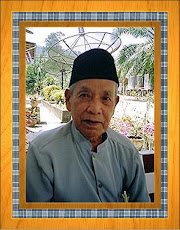

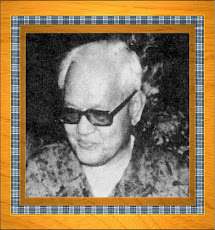
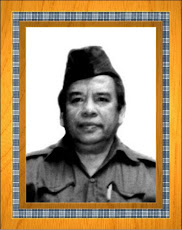

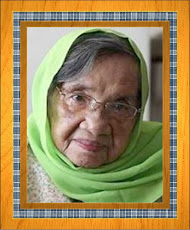


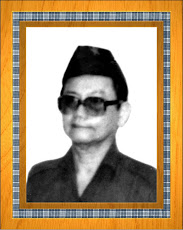
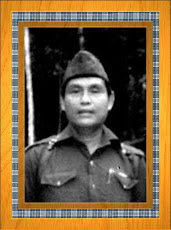

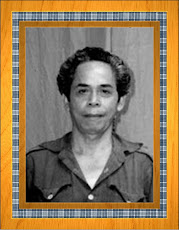

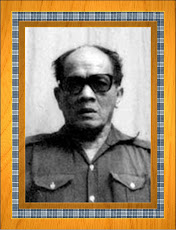







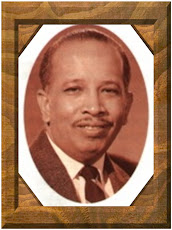

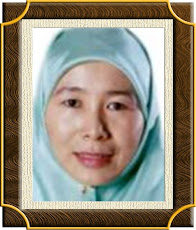
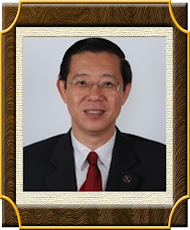

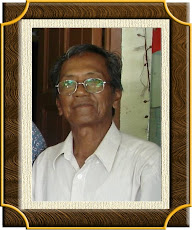
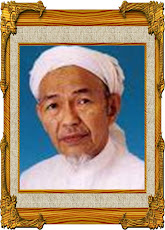
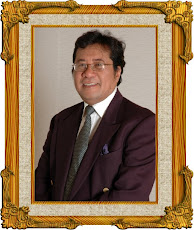

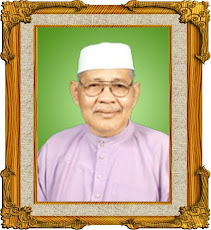
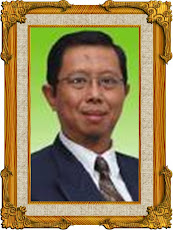








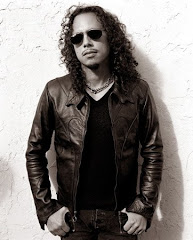









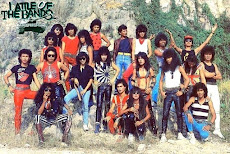




Tiada ulasan:
Catat Ulasan